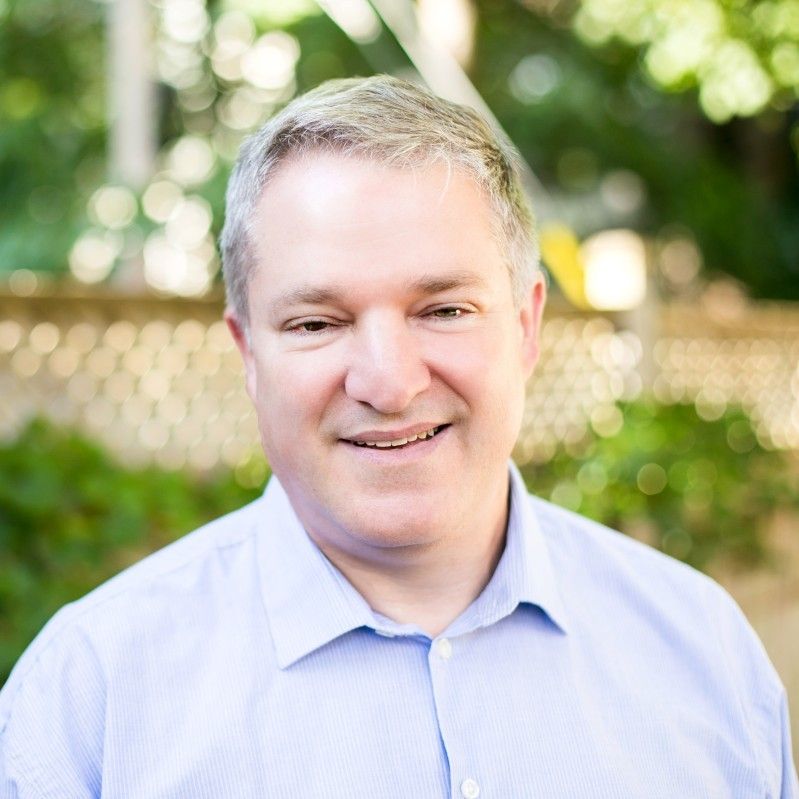
Restricted Gifts - Managing the Opportunities and Dangers of Restricted Charitable Gifts
Restricted gifts are common and can in certain circumstance undermine the operations of the charity and the precious resources donated by philanthropists
Enroll in Course
In a highly competitive charitable fundraising environment, it is important that charities have a plan to deal with restricted gifts. Gifts may be restricted as to their purposes (e.g. Scholarships) and to the timing of their expenditure (e.g. Long-term endowments).
It is vital to understand restricted gifts and the antiquated legal framework we have in Canada before accepting such gifts. A small amount of effort before accepting restricted gifts can potentially protect a charity from huge costs, inflexibility and ultimately disappointed donors and other stakeholders.
Unfortunately, in many cases, the courts following really old legal precedents, will not assist charities that have not taken certain measures to assist themselves. In other words, you can be 'successful' in fundraising, but ultimately, as the world changes, the restricted funds may be of limited use to your charity and what your charity really needs.
In this course, we will look at:
- Defining restricted gifts – legal and practical definitions
- The strategic decision as to whether and how to accept restricted gifts
- The regulatory framework for restricted gifts
- Structuring donor and funding agreements
- Applying new rules on existing endowment fund
- The dangers of restricted funds and how they can perpetually haunt you.
- When can you have the restrictions modified or eliminated
- Suggestions for avoiding problems with restricted gifts and some case studies on restricted gifts
This course will be of interest to charities, including their board members, fundraising staff and financial management personnel. It will also be helpful to philanthropists and their advisors considering how to have maximum impact with their gifts and avoid major mistakes with gifts.
Your Instructor

Mark Blumberg is a lawyer at the law firm Blumbergs Professional Corporation (Blumbergs) in Toronto and works almost exclusively advising non-profits and registered charities on their work in Canada and abroad. Mark has written numerous articles, is a frequent speaker on legal issues involving charity and not-for-profit law. He is the editor of a blog, www.CanadianCharityLaw.ca, and created the largest portal of data on the Canadian charity sector, www.CharityData.ca Mark also edits www.SmartGiving.ca, which provides information on due diligence when selecting charities.
Mark is particularly interested in the regulation of non-profits and charities in Canada, philanthropy, transparency requirements for the voluntary sector, providing accessible information on regulatory issues, and the use of data to make more informed decisions on the charity sector.
Mark is quoted regularly in print media and frequently appears on radio and television on topics relating to philanthropy and the regulation of charities in Canada. Mark has also appeared on a number of occasions in front of the House of Commons Standing Committee on Finance on topics such as charity regulation, transparency, accountability and tax incentives for philanthropy. Mark has testified at the Special Senate Committee on the Charitable Sector, the Standing Senate Committee on National Finance and the House Committee on Access to Information, Privacy and Ethics.
Mark has also made presentations to the Charities Directorate Annual All Staff Meeting as well the Annual Divisional Staff Meeting of the Determinations Section of Charities Directorate. Mark presented to the Financial Action Task Force (FATF) when the FATF conducted an evaluation of anti-money laundering and counter-terrorism in Canada in 2015.
Mark sat for 4 years on the Charities Directorate Technical Issues Working Group, which is a bi-annual meeting between the Charities Directorate, the Department of Finance and the charity sector to discuss technical and policy issues pertaining to registered charities and the Income Tax Act (Canada). Mark is a member of the Exempt Organizations Committee of the American Bar Association. Mark spent 6 years on the Advisory Committee for the Master of Philanthropy and Nonprofit Leadership (MPNL) at Carleton University. Mark is on the Board of the Canadian Charity Law Association.
Mark has co-authored 20 Questions Directors of Not-for-Profit Organizations Should Ask About Mergers (Published by CPA Canada) and co-wrote a chapter on International Trends in Government-Nonprofit Relations: Constancy, Change, and Contradictions in Non-profits and Government: Collaboration and Conflict in Non-profits and government: collaboration and conflict (Edited by Elizabeth T Boris and C Eugene Steuerle)
Mark frequently lectures to various industry and professional groups on charity compliance issues including the Chartered Professional Accountants Canada (CPA Canada), as well as CPA Ontario, BC and Alberta, the Canadian Bar Association, Ontario Bar Association, Canadian Association of Gift Planners, Association of Fundraising Professionals, Ontario Hospital Association, Ontario Non-profit Network, and many other organizations.
Mark has a B.A. in Political Science from the University of Toronto, an LLB from the University of British Columbia and an LLM from Osgoode Hall Law School in Tax Law.
